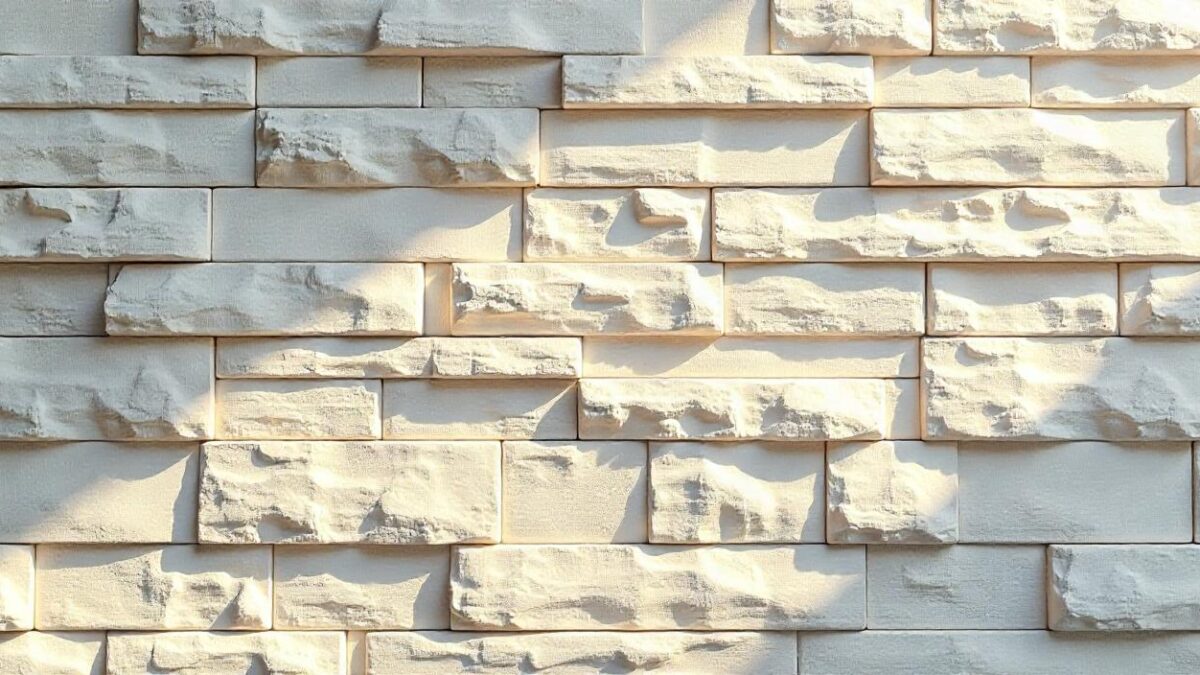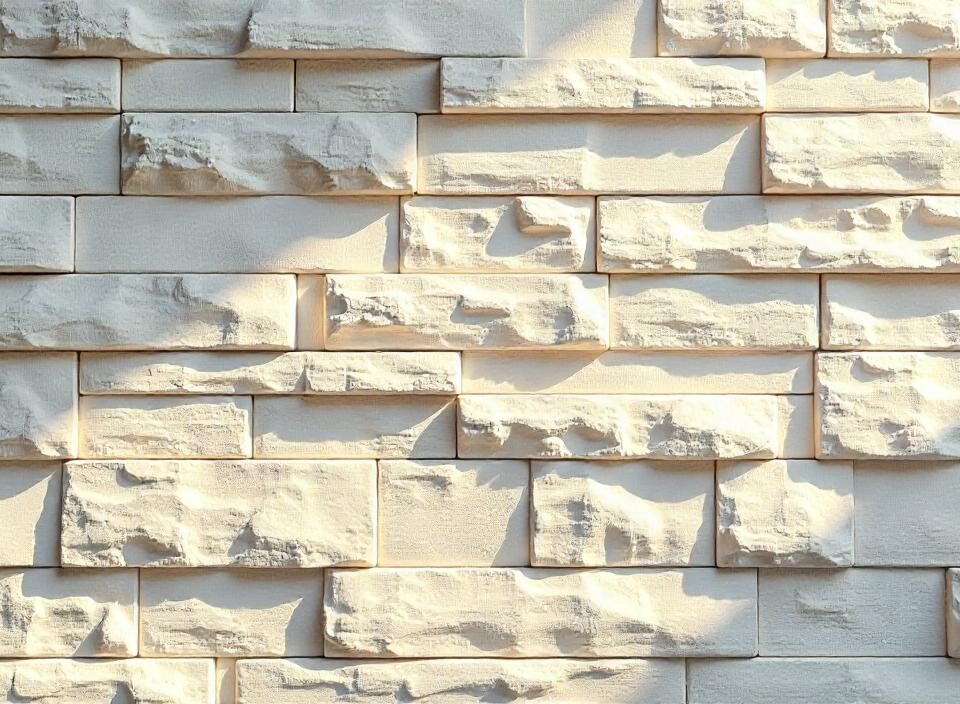The Advantages and Disadvantages of Stone-Casting Walls Concerning the Control of Moisture
Precast stone system is fast growing within most of the new generation of architects and interior designers. Owners and constructors are fascinated with the appearance, hardness and versatility of the stones used in cladding. However, one question often arises: can walls with stone cladding perform well in controlling wall dampness? While addressing the issue of dampness control it is time to weigh the pros and cons of Natural Stone Wall Cladding for your home.
Understanding Wall Dampness
Now that it is time to talk about stone cladding, one needs to know what is referred to by wall dampness. Wetness in walls may be due to the following factors; seepage of water from ground, formation of condensation and leaks. Such moisture can cause a number of problems including mold, rot, and reduced indoor air quality within homes. Hence, it is necessary to avoid materials and designs that would cause formation of dampness or provide no means of controlling its formation.
The Role of Stone Cladding
Stone cladding is the process of fixing slim layers of natural stone on the external or internal facades of a structure. While the aesthetics of this technique are undeniable, some small degree of protection can also be derived from it. Stone cladding efficiency in dealing with wall dampness is still more or less reliant on its kind, installation techniques and the wall structure.
Natural Breathability:
Stone is a natural vapor-permeable material, which makes it possible for some of the wall moisture to evaporate. This design makes it possible for moisture on the walls of buildings made from stone to evaporate. This feature may be effective in alleviating levels of humidity inside the actual structure of the wall. But it is important that the stone is well sealed to avoid any moisture having an opportunity to reach the stone itself. Sealing also helps to improve the water-repelling capacity of the stone.
Insulation Properties:
Stone cladding may enhance the thermal efficiency of walls through which it is easier to hold an interior temperature. Thus, frequent fluctuation in temperatures can be minimized with the help of stone cladding so that formation of condensation can also be minimized. This can be especially useful in regions with high humidity or temperature changes; they’ll dry quickly and help maintain the right temperature in every climate.
Aesthetic Appeal:
The first known advantage of stone cladding is the aspect of beauty; homeowners like to leave their houses with this kind of facing. Coping with stone adds immense elegance to a building and the overall worth of a property is improved. The visual added value can signal luxury and comfort while enhancing living comfort.
Limitations of Stone Cladding
While stone cladding has its benefits, it is essential to consider its limitations when it comes to dampness control:
Moisture Trapping:
Incorrect installation can cause issues. Sometimes water finds its way behind the cladding and, if not drained, it accumulates and results in mold and decay of the walls. That’s why it is important to have a good drainage system and moisture barriers during installation to prevent such problems.
Weight and Structural Considerations:
Stone cladding increases the load on a wall, which means additional support may be required. If walls are not properly prepared to take the additional load, it can lead to structural issues. Consulting a structural engineer is advisable before installation.
Maintenance Requirements:
Stone, while durable, requires maintenance. Over time, stone cladding may look old and require washing and recoating to keep off moisture. Neglected cladding can depreciate and perform poorly in preventing dampness.
Conclusion
Stone cladding is a great way to treat walls aesthetically and functionally. When properly designed and installed, it can control wall dampness, enhance insulation, and beautify structures. However, drawbacks like moisture trapping and structural impact must be considered. Engaging a suitable specialist is key to ensuring proper installation and maintenance practices.
The Stone Evolution stands ready to assist you in creating an effectively moisture-resistant environment with stone cladding, improving your home’s aesthetics and functionality.


